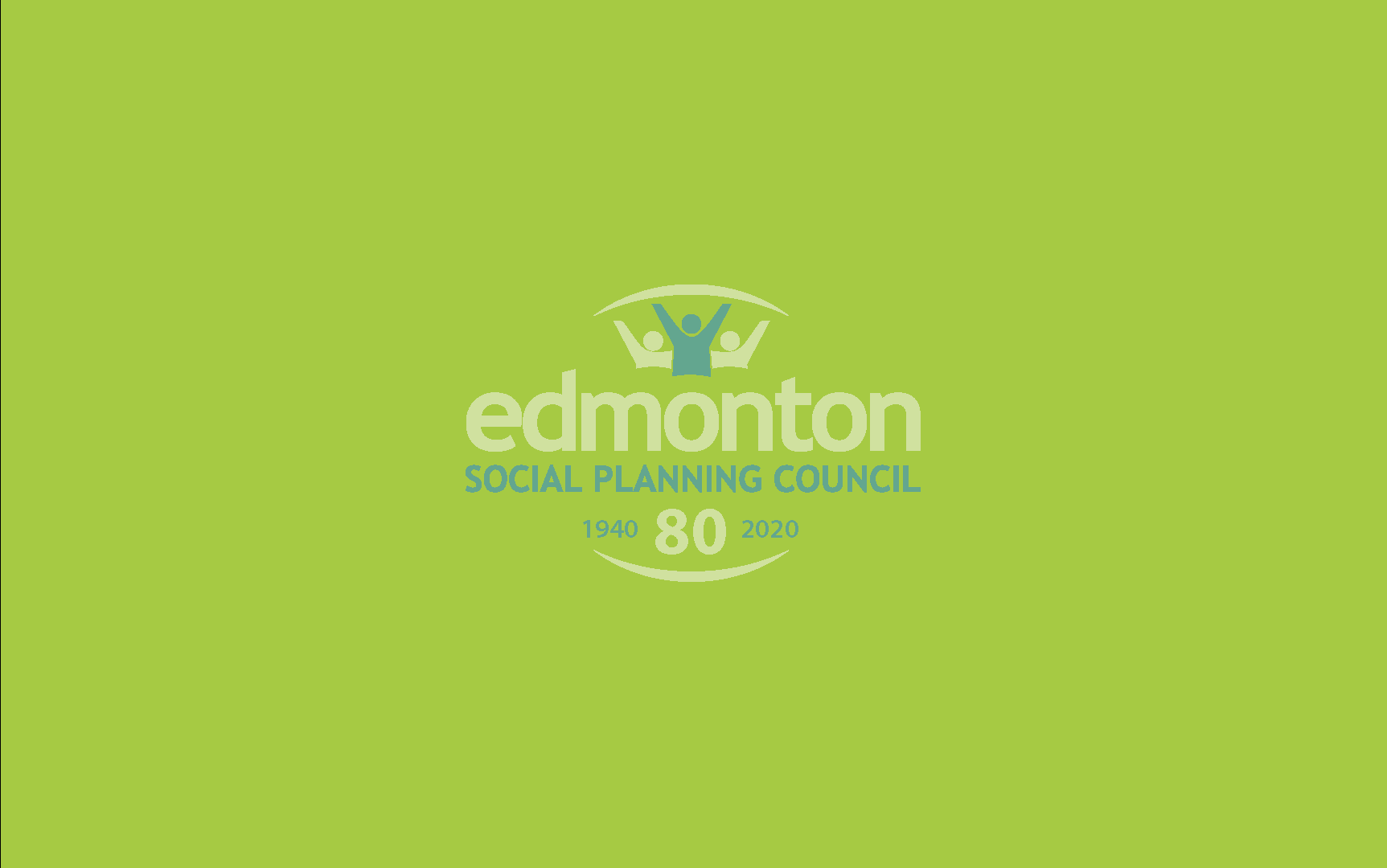[et_pb_section fb_built=”1″ _builder_version=”4.7.0″ custom_margin=”0px||0px||false|false” custom_padding=”0px||0px||false|false”][et_pb_row column_structure=”3_4,1_4″ use_custom_gutter=”on” gutter_width=”1″ _builder_version=”4.7.3″ _module_preset=”default” width=”100%” custom_margin=”0px||||false|false” custom_padding=”3px||5px|||” border_width_bottom=”1px” border_color_bottom=”#a6c942″][et_pb_column type=”3_4″ _builder_version=”4.7.0″ _module_preset=”default”][et_pb_post_title meta=”off” featured_image=”off” _builder_version=”4.7.4″ _module_preset=”default” title_font=”||||||||” custom_margin=”||3px|||” border_color_bottom=”#a6c942″][/et_pb_post_title][/et_pb_column][et_pb_column type=”1_4″ _builder_version=”4.7.0″ _module_preset=”default”][et_pb_image src=”https://edmontonsocialplanning.ca/wp-content/uploads/2020/08/boxes_1.gif” title_text=”boxes_1″ align=”center” disabled_on=”on|off|off” _builder_version=”4.7.4″ _module_preset=”default” width=”100%” custom_margin=”-2px||-1px||false|false” custom_padding=”||7px|||”][/et_pb_image][/et_pb_column][/et_pb_row][et_pb_row column_structure=”3_4,1_4″ use_custom_gutter=”on” gutter_width=”1″ make_equal=”on” _builder_version=”4.7.4″ background_size=”initial” background_position=”top_left” background_repeat=”repeat” width=”100%” custom_margin=”0px|auto|0px|auto|false|false” custom_padding=”37px|0px|44px|0px|false|false”][et_pb_column type=”3_4″ _builder_version=”4.5.6″ custom_padding=”0px|0px|0px|0px|false|false” custom_padding__hover=”|||”][et_pb_text _builder_version=”4.7.4″ _dynamic_attributes=”content” _module_preset=”default” text_font=”||||||||” text_text_color=”#000000″ custom_padding=”||32px|||”]@ET-DC@eyJkeW5hbWljIjp0cnVlLCJjb250ZW50IjoicG9zdF9kYXRlIiwic2V0dGluZ3MiOnsiYmVmb3JlIjoiIiwiYWZ0ZXIiOiIiLCJkYXRlX2Zvcm1hdCI6ImRlZmF1bHQiLCJjdXN0b21fZGF0ZV9mb3JtYXQiOiIifX0=@[/et_pb_text][et_pb_text _builder_version=”4.7.4″ text_line_height=”1.6em” header_2_font=”||||||||” header_2_text_color=”#008ac1″ header_2_font_size=”24px” background_size=”initial” background_position=”top_left” background_repeat=”repeat” width=”95%” module_alignment=”left” custom_margin=”1px|0px|2px|-96px|false|false” hover_enabled=”0″ locked=”off” sticky_enabled=”0″]
Egale Canada, in partnership with INNOVATIVE Research Group recently released a report, Impacts of COVID-19: Canada’s LGBTQI2S Community in Focus, which highlights how the COVID-19 pandemic has disproportionately affected the LGBTQI2S community in Canada. The results from this research have been disseminated to the government to create changes in policies that help one of our most vulnerable communities.
Their research found that “53% of LGBTQI2S households have been affected by lay-offs and reduced hours as a result of the COVID-19 pandemic. This compares to 39% of overall Canadian households” (p.3). Furthermore, a proportion of the respondents don’t believe that they could get another job if they wanted to. This means barriers that LGBTQI2S individuals encounter in the labour market are further exacerbated during the pandemic, creating additional stress like housing and/or food insecurity.
Moreover, the LGBTQI2S respondents are not just disproportionately impacted but they also perceive that the pandemic will negatively impact their mental health, physical health, household finances, and overall quality of life, at an exponentially higher rate than the average Canadian. The research also found that LGBTQI2S respondents are more likely to be living with a chronic health condition or physical disability; as such, they are more worried that they could transmit the coronavirus to a vulnerable person. Similarly, the impact of COVID-19 is particularly acute among those LGBTQI2S individuals with chronic illness.
Systemic barriers in the health care system may also prevent these individuals from seeking medical assistance, especially during the pandemic. According to ESPC’s report Needs and Gaps in Services of Edmonton’s LGBTQ Population and Norquest College’s report Provider Perspectives: Understanding Support Barriers for LGBTQ2 People, the gaps in services and front-line training have not been addressed or properly implemented. The lack of knowledge among health care providers and front-line workers about how to care for these community members exacerbates the gap in quality of health between LGBTQI2S individuals and the general Canadian population. Further, the mistrust of LGBTQI2S individuals over health care providers due to previous encounters of discrimination prevent them from seeking health assistance or even receiving follow-up care. The pandemic will further alienate these individuals with underlying health conditions who need these services, especially when a higher percentage of LGBTQI2S persons choose to self-isolate to protect themselves and others (Egale, 2020).
Furthermore, a report by the Standing Committee on Health of the House of Commons, The Health of LGBTQIA2 Communities in Canada, found that inequities in health are heightened when factors such as age, ethnicity, socioeconomic status, gender identity, and sexual orientation intersect. Their report also found that LGBTQI2S individuals have higher rates of chronic illnesses, like asthma. Ailments such as these increase the risk and severity of a COVID-19 infection.
These reports push for similar mandates: improving data collection to provide a clearer picture of the lives of different gender and sexual identities; providing better training in provision of care; consulting LGBTQI2S individuals and organizations so that government policies and programs include targeted measures and funding to ensure current services can continue to provide support to these communities made vulnerable by inadequate systems.
Please support local organizations that continuously provide essential services to the LGBTQI2S community.
[/et_pb_text][/et_pb_column][et_pb_column type=”1_4″ _builder_version=”4.7.4″ custom_padding=”0px|20px|0px|20px|false|false” border_color_left=”#a6c942″ custom_padding__hover=”|||”][et_pb_testimonial author=”Posted by:” job_title=”@ET-DC@eyJkeW5hbWljIjp0cnVlLCJjb250ZW50IjoicG9zdF9hdXRob3IiLCJzZXR0aW5ncyI6eyJiZWZvcmUiOiIiLCJhZnRlciI6IiIsIm5hbWVfZm9ybWF0IjoiZGlzcGxheV9uYW1lIiwibGluayI6Im9uIiwibGlua19kZXN0aW5hdGlvbiI6ImF1dGhvcl93ZWJzaXRlIn19@” portrait_url=”@ET-DC@eyJkeW5hbWljIjp0cnVlLCJjb250ZW50IjoicG9zdF9hdXRob3JfcHJvZmlsZV9waWN0dXJlIiwic2V0dGluZ3MiOnt9fQ==@” quote_icon=”off” disabled_on=”on|off|off” _builder_version=”4.7.4″ _dynamic_attributes=”job_title,portrait_url” _module_preset=”default” body_text_color=”#000000″ author_font=”||||||||” author_text_align=”center” author_text_color=”#008ac1″ position_font=”||||||||” position_text_color=”#000000″ company_text_color=”#000000″ background_color=”#ffffff” text_orientation=”center” module_alignment=”center” custom_margin=”0px|0px|4px|0px|false|false” custom_padding=”32px|0px|0px|0px|false|false”][/et_pb_testimonial][et_pb_text disabled_on=”on|off|off” _builder_version=”4.7.4″ _dynamic_attributes=”content” _module_preset=”default” text_text_color=”#000000″ header_text_align=”left” header_text_color=”rgba(0,0,0,0.65)” header_font_size=”20px” text_orientation=”center” custom_margin=”||50px|||” custom_padding=”48px|||||”]@ET-DC@eyJkeW5hbWljIjp0cnVlLCJjb250ZW50IjoicG9zdF9jYXRlZ29yaWVzIiwic2V0dGluZ3MiOnsiYmVmb3JlIjoiUmVsYXRlZCBjYXRlZ29yaWVzOiAgIiwiYWZ0ZXIiOiIiLCJsaW5rX3RvX3Rlcm1fcGFnZSI6Im9uIiwic2VwYXJhdG9yIjoiIHwgIiwiY2F0ZWdvcnlfdHlwZSI6ImNhdGVnb3J5In19@[/et_pb_text][/et_pb_column][/et_pb_row][/et_pb_section]
